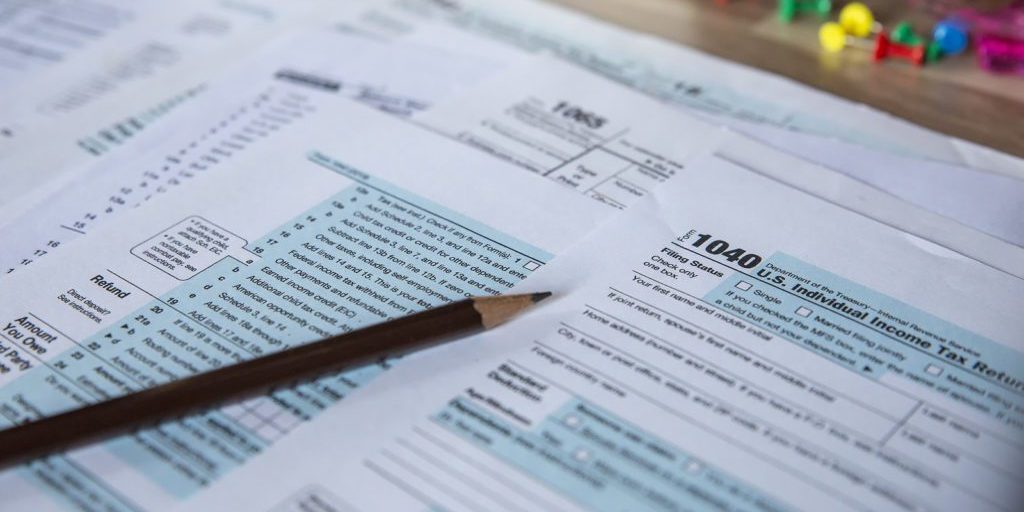The CARES Act & How It Affects You

An interview between Heidi Sherman and Jonathan Mishkin.
Heidi is a Senior Associate Attorney at Jill Brittle Law Group.
Today we spoke primarily about the CARES Act.
Video Transcript:
Heidi Sherman 00:04
Hi, I’m Heidi Sherman with Jill Brittle Law Group. I have with me this morning, Jonathan Mishkin who manages his own law firm. Good morning, Jonathan.
Jonathan Mishkin 00:15
Good morning,
Heidi Sherman 00:16
I wanted to ask you a couple of questions about the CARES act and COVID-19. Can you tell us what the cares act is?
Jonathan Mishkin 00:26
Sure, the CARES Act stands for the Coronavirus Aid Relief and Economic Security Act. It was signed into law on March 27th, with the seminal intent of providing emergency assistance for individuals, families and businesses that were impacted by the pandemic, and which obviously in your world raises some family law implications.
Heidi Sherman 00:52
And so what are the implications for somebody that’s separated, a family that’s going through a separation, or a divorce? For example; parties are receiving stimulus checks, are they taxable under the CARES Act?
Jonathan Mishkin 01:09
Right now, people are saying they are taxable under the CARES Act. Because if you were to look at the definition of gross income, it says, in so many words, an exception to wealth realized basically from anywhere, unless there’s an exemption in the code, and there isn’t an exemption in the code.
Heidi Sherman 01:31
Okay, and so let’s assume that parties are separated or divorced, and they have minor children. Which of the parents would receive the stimulus check for the children?
Jonathan Mishkin 01:44
It’s an interesting question, because it was somewhat left unanswered. And I think part of the issue is, you have a federal law, and then state law implications. My understanding, if you have divorcing parties that aren’t separated, at the time the payments are received, for example, if you were in community property, state of the community. But based on the terms of the CARES act, what we call the stimulus payment, there’s also a $500 payment for qualifying children. They’re looking at the taxpayers 2018 and ’19 tax returns. So whichever parent is claiming the children on their ’19 return is going to get the $500 payment.
If you haven’t filed your 2019 return, it’s going to be predicated on who claimed on the ’18 (tax) return. I know it doesn’t seem fair or equitable if you have a joint custody situation, and say they’re alternating who gets the exemption. What I’ve been told is that they could make an agreement to share that in those situations, and the court would respect it. I don’t see where the IRS would have any issue because their view would be as long as there’s no duplication. You know, if you divide 500, and make it 250 and 250, we don’t care. It’s still $500 credit.
Heidi Sherman 03:16
Okay. Thank you. And are there any changes under the cares act regarding the use of retirement assets for payment of living expenses or for support?
Jonathan Mishkin 03:27
Yeah, that’s a very good question. Because I’ve been asked that a few times, you know, normally, if you take money out of a retirement plan, prior to being 59 and a half, you pay income taxes on the withdrawal, because you contributed the funds, pre-tax when you put it in. So at some point, you have to pay the piper. But if you’re also under age 59 and a half, they insert an additional 10%, what we call a premature withdrawal penalty. The CARES act created an exception to this penalty. So you can now take a distribution of up to I believe, $100,000 in 2020, you will still pay income taxes on it but not be subject to the 10% penalty. And it also says “The Act says you can opt instead of taking it into income”. The Act also provides an option where you could repay the distribution to the retirement plan within three years. What am I saying? You’re doing a borrowing of a three-year loan from your plan. So you can either take it as a taxable distribution, pay the income, or you can literally treat yourself as a bank and borrow it and repay it. At, I believe, a pretty low-interest rate; about 3 or 4%.
Heidi Sherman 04:44
Hmm, well, that’s interesting.
Jonathan Mishkin 04:46
But, I want to point out though, these distributions are limited to individuals who have actually gotten COVID, or have a spouse or dependent, or, this is where it’s going to be most useful; having experienced adverse financial consequences. You know, you’ve been laid off, lack of child care. That’s where most people, I hope, fit. I don’t want everybody to be sick. But I wanted to bring that out.
And I believe you have to do it within 180 days. So if I were going to do it, I’d be telling people to do it before September 23. And I also want to add in, there could be subsequent, you know, extensions and amendments. I only tell people that because I used to work as a tax policy scholar for congress. Because we haven’t beaten or flattened the curve of this virus – and we could this could extend a lot longer – I’ve heard from friends on Capitol Hill that some of these deadlines may get pushed out. And more stimulus money may be given because we’re going a lot longer than was anticipated. So what people should do is just follow the news, stay current, because it will be front news when they make changes or additions to this legislation.
Heidi Sherman 05:59
And or talk to you someone like you. Absolutely, yes.
Jonathan Mishkin 06:04
We’ve been doing that routinely with folks to try to help them find they did the right answer is the least tax damaging way to… and that was the perfect example of borrowing from your retirement because you’re not cashing out. You’re just basically taking a margin. Your investments are still retired and growing. You just have to make sure you put the money back. I think that’s something most people should consider if they need money.
Heidi Sherman 06:29
Excellent. Thank you.
SUMMARY KEYWORDS
act, law, cares, distribution, payment, retirement plan, exemption, pay, penalty, taxable, stimulus, withdrawal, income taxes, people, children, routinely, situation, tax policy, tax law, repay
Share:



